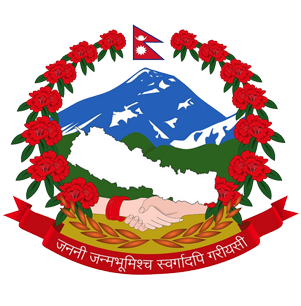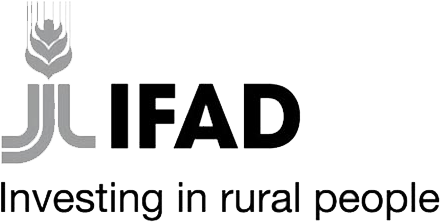1. Introduction
The Rural Enterprises and Remittances Project (RERP) "SAMRIDDHI" is a seven-year project jointly initiated by Government of Nepal|Ministry of Industry, Commerce and Supplies and the International Fund for Agricultural Development (IFAD). The Government of Nepal is lead agency for the execution of RER Project.
The project aims at reducing poverty with employment-focused and inclusive economic development by providing sustainable sources of income to poor households, migrant families. And returnees through creation of micro, small, and rural medium-sized enterprises as a means of developing local businesses and creating jobs and specifically includes returning migrants among those it supports.
Agro Enterprise Centre (AEC) of Federation of Nepalese Chamber of Commerce and industries (FNCCI), HELVETAS (an International Non-Governmental Organization) and selected financial institutions working within the project area are implementing partners.
RERP is being implemented from December 2015 to December 2022 with a total funding of approximately USD 23.23 million which includes grants from IFAD, contribution from Government of Nepal, and expected contribution from private sector and project beneficiaries.
The Project covers 16 districts namely— Morang, Sunsari, Saptari, Siraha, Bhojpur, Dhankuta, Khotang, Terhathum, Udayapur, Bara, Dhanusa, Mahotari, Rautahat, Sarlahi, Okhaldhunga and Sindhuli of the Province 1,2 and 3 under the recently adopted new federal structure.The geographic area follows a road corridor approach linking districts along the main roads running south to north to facilitate the connection of hill districts to larger markets in Terai.
The Project aims to provide sustainable sources of income to poor households, migrant families and returnees by supporting range of credible economic opportunities that includes decent employment, local micro-enterprises promotion and micro-enterprises linked to high value farm & off farm supply chains having good growth potential following corridor approach.
In addition,it enables those beneficiaries still choose to migrate or who are returning to be better able to gain the full benefits of migration as a transformative step in their families' economic livelihoods.
2. Goal and Development Objectives
2.1 Goal:
Reducing poverty and achieve sustainable peace through employment focused,equitable and inclusive economic development.
2.2 Development Objective:
Viable rural micro, small and medium enterprises (RMSEs), both the farming and off- farming sectors, provide sustainable sources of income to rural poor households of migrant families and returnees.
3. Project Components
The project is organized into 3 components, summarized in the table below;
|
Components |
Sub-components |
|
RMSE and Jobs Promotion
10,000 people on Supply chain (Direct beneficiaries 40,000 people)
outreach of 30,000 people on Decent Jobs promotion
Outreach 1, 000 |
1.1 Supply chain development Creating RMSE and job opportunities for producers, including smallholders, and other enterprises in competitive agricultural and non-agricultural clusters. 1.2 RMSE development (CCI strengthening) Building sustainable business services to create opportunities for local RMSEs 1.3 Decent jobs Through TVET, jobs placement and apprenticeships 1.4 Social mentoring Mentoring households and groups to address common social risks using the Gender Action Learning System(GALS) from sub-component 1.1 |
|
Productive Investment Direct beneficiaries 179,660 people 50,000(+10,000 from Supply chain) +110,000 on mobilizing migrant resources and skills |
2.1 Financial Inclusion Financial & business education; improved supply of financial services via strengthening of co-ops,partnerships with Financial Institutions and risk sharing instruments 2.2 Mobilizing migrant resources and skills Develop sustainable migrant services, especially at local level, via migrant resource centers, info desks and online services |
|
Institutional Support & Project Management |
3.1 Knowledge Management and M&E To provide evidence-based continuous learning and improvement, support scaling-up of best practices in the project and by other actors 3.2 Project Management For institutional support in overall |


